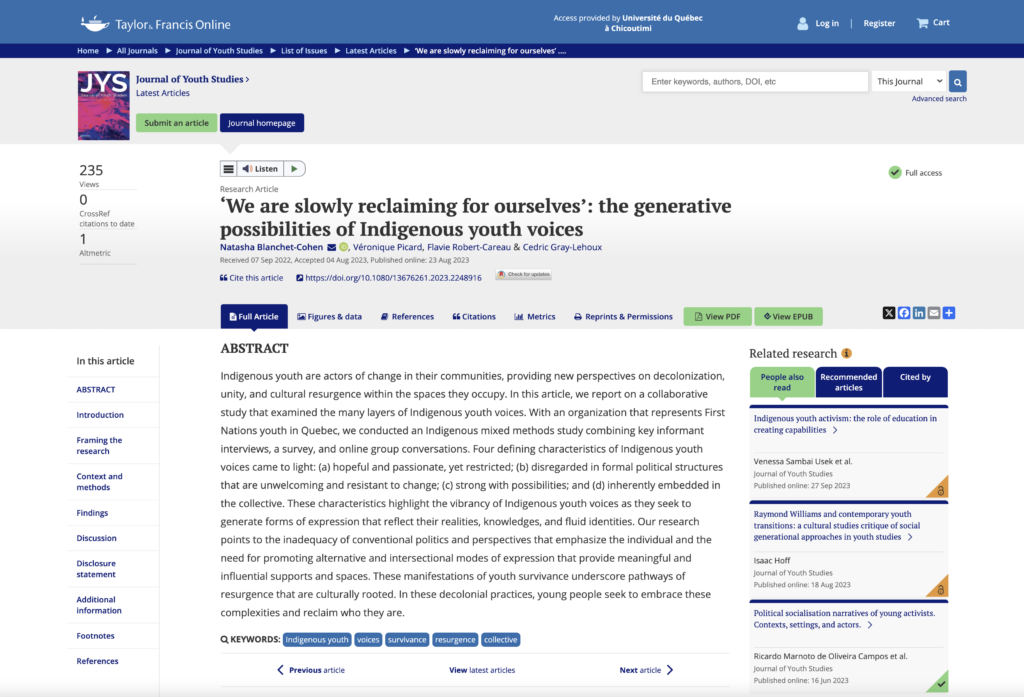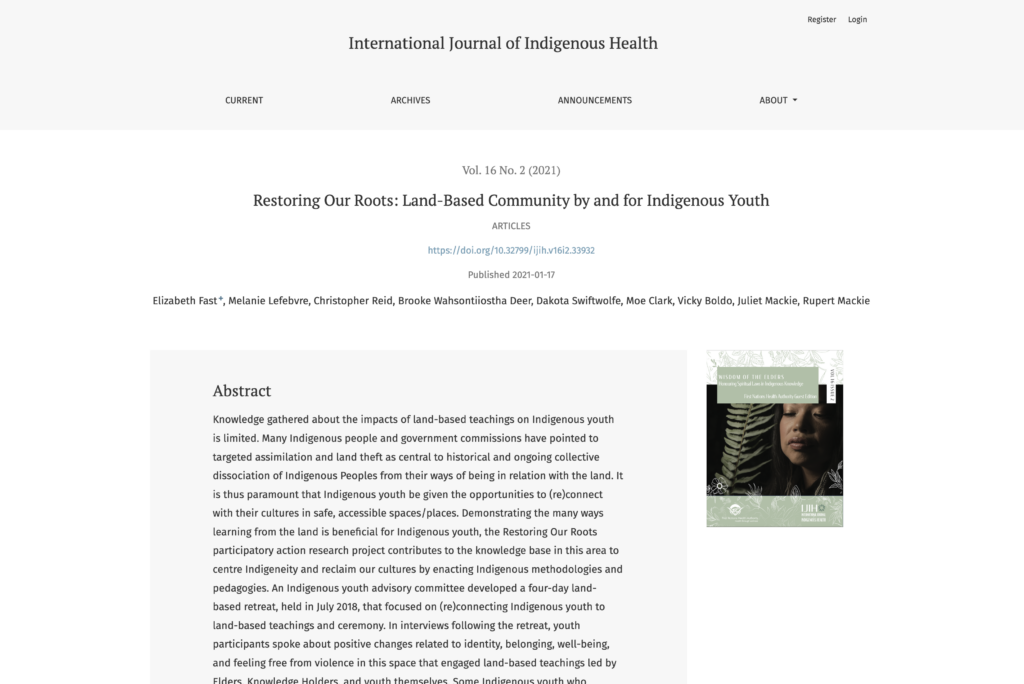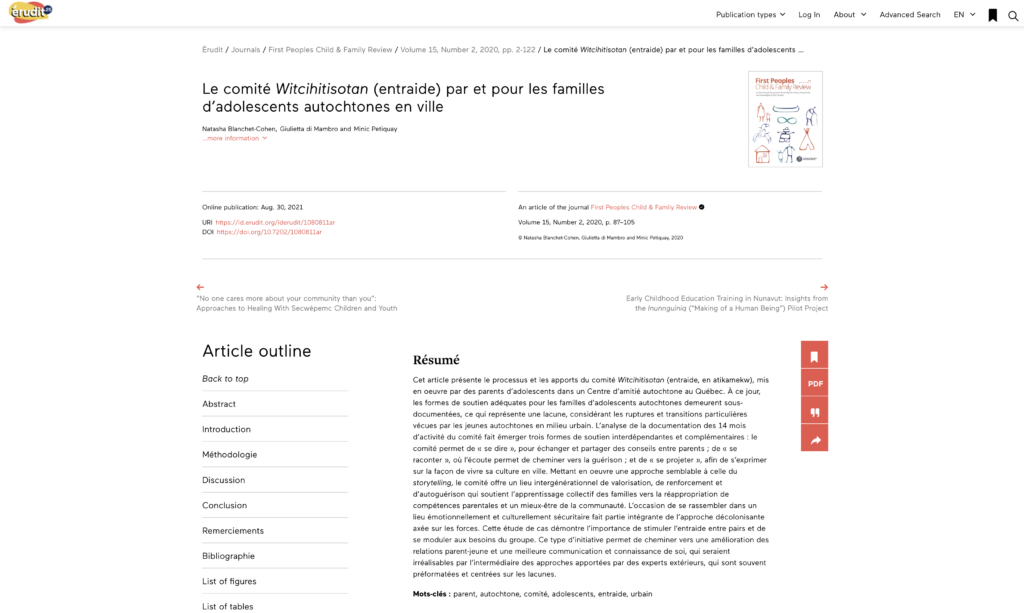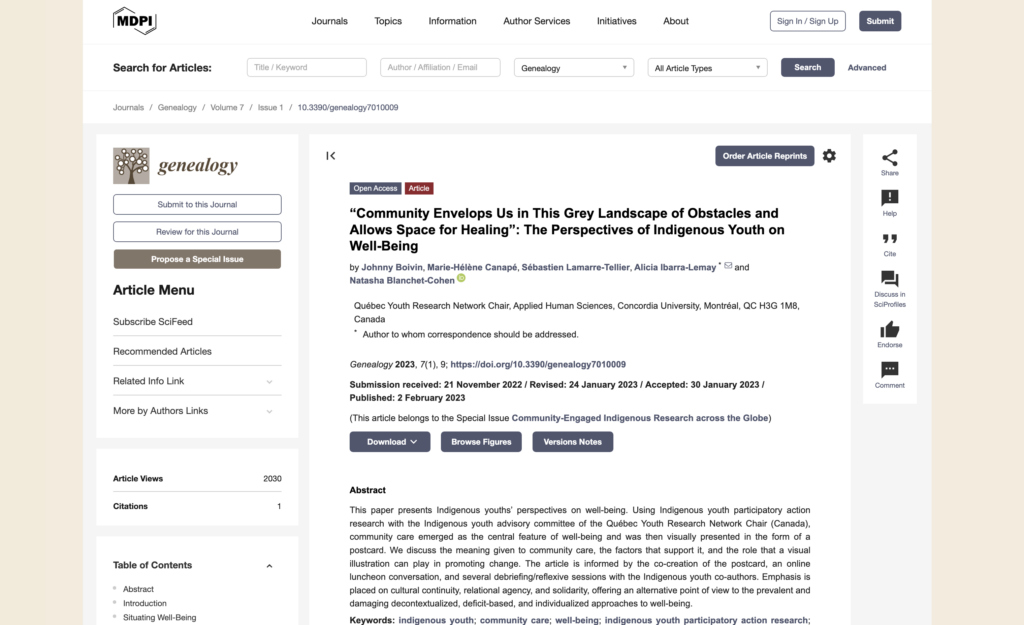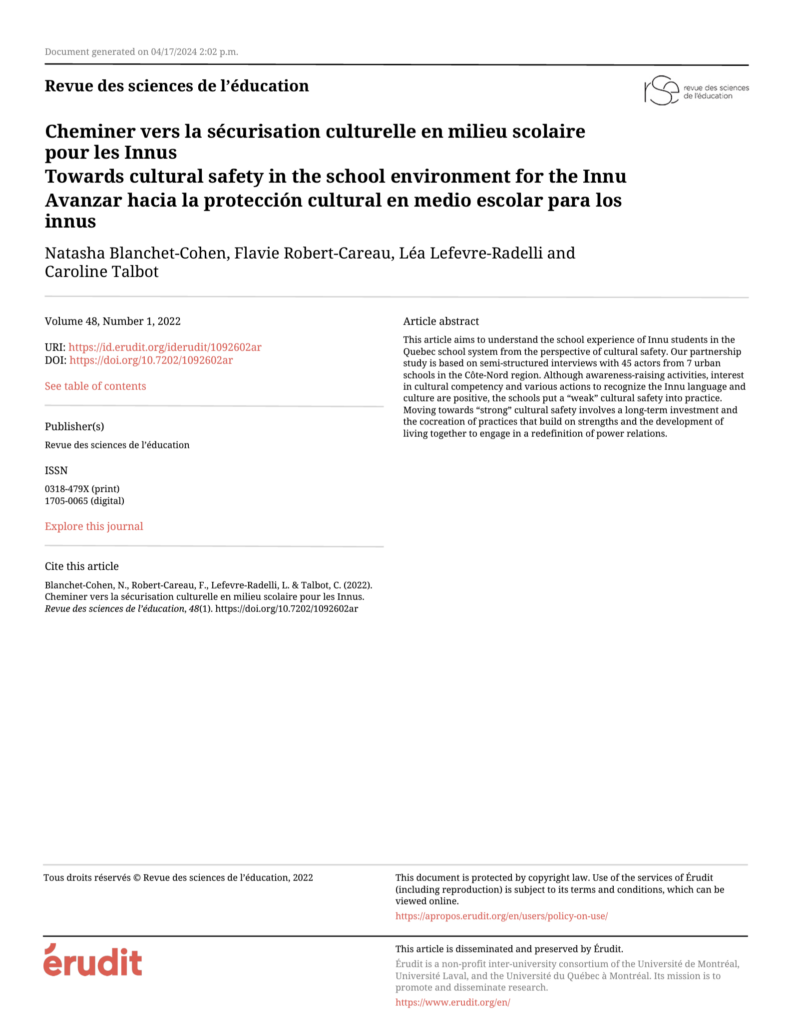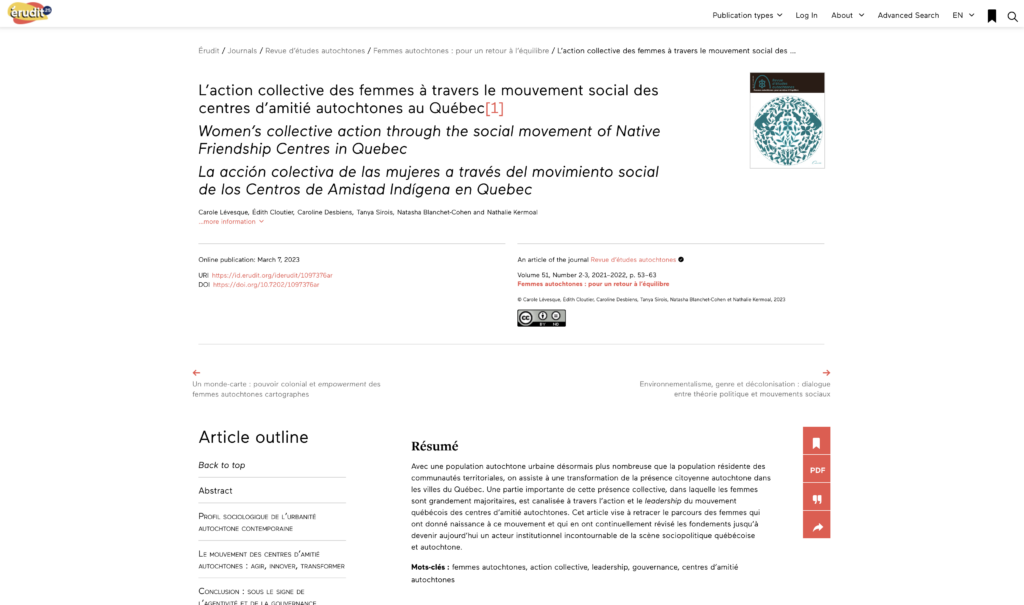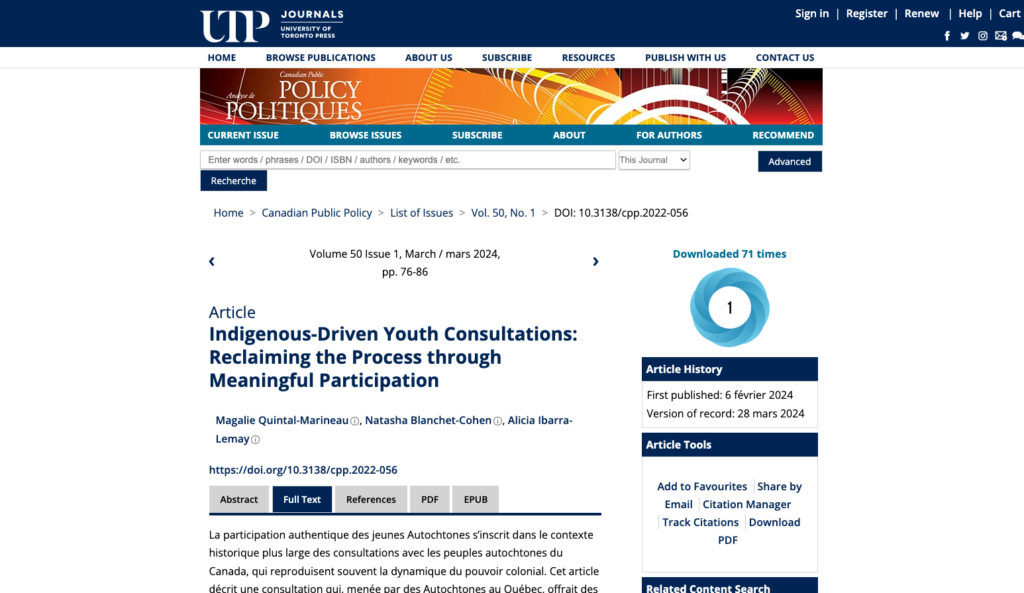Notice bibliographique
Boatswain-Kyte, A., Esposito, T. et Trocmé, N. (2022). Impacts of race on family reunification: A longitudinal study comparing exits from Quebec’s child welfare system. Child Abuse & Neglect, 125, 1-11.
Résumé
Background. In the United States, Black children spend more time in out-of-home placement than other children and are less likely to experience family reunification following involvement with child welfare services. Within Canada, very few studies have examined Black children’s exits from the child welfare system and factors influencing their service trajectory.
Objective. This study, the first of its kind in Canada, uses longitudinal clinical administrative data to examine reunification outcomes for Black children following placement in out-of-home care.
Participants and setting. The study population includes 1395 children receiving ongoing child welfare services in Quebec between April 1, 2002 and March 31, 2011.
Methods. A longitudinal research design from anonymized clinical administrative data extracted from a single child welfare agency in Montreal. Survival analysis using a Kaplan Meier and Cox proportional hazard regression examined the trajectory and chances of family reunification from the point of each child’s initial placement.
Results. Black children spend longer lengths of time in out-of-home placement and are less likely to experience family reunification when compared to other children. Poorer reunification outcomes for Black children were associated with placement instability, the age of the child and reasons for child welfare involvement.
Conclusions. While we tend to prioritize prevention services for vulnerable communities, this study indicates that attention must be given to services all throughout Black children’s service trajectory to ensure that these children are able to exit the child welfare system in a timely manner.
Hyperlien
https://doi.org/10.1016/j.chiabu.2022.105483Publication du membre
Tonino EspositoNico Trocmé
Appartenance aux volets














